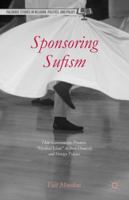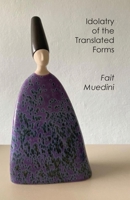The Muses Will Love You Dearly
Select Format
Select Condition 
Book Overview
Aware that inspiration comes from a place unknown, these poems center on the space that is needed to concentrate on one's artistic craft, and how focusing solely on the need for making art will summon the muses, who in turn will do what they can to provide the spark of imagination.
But it is the artist's role to be in a state of presence. The artist must work to gain the favor of the muses, and is able to do this by ensuring that time is devoted to the art.
This involves cutting out all daily distractions, whether it be mindless media, wasting time, or barriers of self-doubt in the mind. If the muses can be convinced, they bring with them bounties of love and ever flowing gifts of expressiveness.
These are the rewards of being beholden to the creative life. The muses have given their lives for our true self to manifest, to be what we know we are.
These poems serve as a reminder that it's up to us to summon the muses-by being attentive to the outside world--and to devote our lives to our own, self-defined, calling.

























